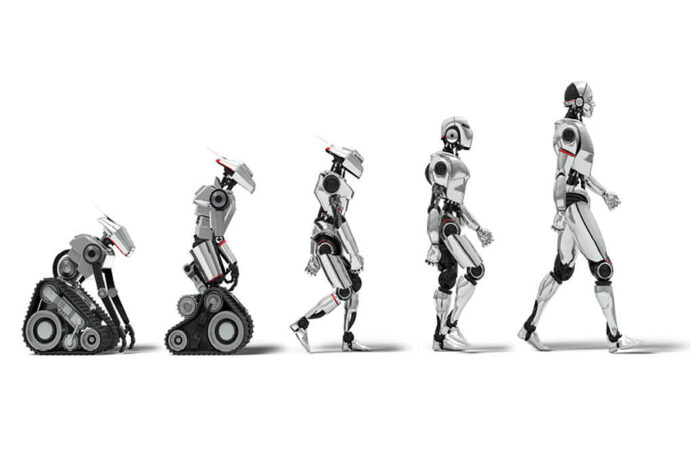With the increasing rapid progress in technology and the entrance of major companies investing in artificial intelligence machinery it’s more evident than ever that the future is robot…..but is it?
Let’s face it, scientists and marketers are prone to making exaggerated claims as a marketing strategy since that’s what’s popular in today’s society; they claim that robots will take over employment and replace humans in every way, resulting in global instability and widespread poverty. It’s also important to remember that these ‘futuristic and progressive minded people’ have made similarly irrational assumptions and statements in the past, such as that the world would end in 2012 or that flying cars would be all the rage in the twentieth century, but we aren’t even close to such scenarios, with the exception that the former may be true if the climate problem isn’t solved soon, but that’s a topic for another day.
So, I think it’s a good time to be a pessimist in this case because even though robots might be very prevalent in the future scenario, they will be recognized as what they actually are- just machines.
Human brains are complex and not easy to replicate and for robots to rise above us in the hierarchy they must possess the qualities that we do and be practically indistinguishable from us. The types of robots which are produced in labs are very much the opposite, they are fed data which they regurgitate, in other words they don’t have a mind of their own and they also lack the fundamental critical -thinking skills humans possess in order to assess the world around us.
Another important fact would be that even if robots were able to make independent decisions and learn human behavior, it is unlikely that they will be able to perform sophisticated actions as responses that we as humans are capable of in the real world, all the experiments done with these humanoid robots in which they are able to communicate in a humanlike manner is predominantly done in a controlled setting with a high level of performance and not spontaneously.
However, this is not without the fact that the one area where robots can be exponentially used is in the field of medicine. This field is one which demands precision, accuracy and ultimate efficiency and since humans are susceptible to errors, we could see robots being used for a variety of different purposes; be it to conduct surgeries, therapy or diagnoses. Although robots can act with precision they lack the social intelligence which is required to assess each patient’s conditions separately and to change action plans during surgery whenever needed neither do they have empathy which is often required when addressing critical patients and their loved ones. Thus, robotics can flourish but only with a human operator, this is known as human in loop, this ensures that we get the best of both worlds- the precision and accuracy of robots and the critical thinking skills, empathy and instinct of human doctors.
The legal field is also another area where robot-human integration plays a huge role. Robots lack intense negotiating skills or the ability to interpret laws in order to suit the cases and on the other hand, it is time consuming, requires a lot of brain power and is subject to errors by humans. Thus, the best bet would be using robots as a tool for humans to actively flourish and be able to do the job with utmost efficiency and accuracy. Robots can be used to proofread contracts, documents, make notes, quote laws directly from the constitution etc. and humans can effectively use robots as an aid to lessen workload and improve legal efficiency and justice.
Some other uses of robots would be that they can also be used in fields of culinary because who wouldn’t want to come home to Michelin star dishes waiting for you at the dinner table. They can also serve as practice dummies in the military scene where artillery can be tested on them.
This only goes on to prove how robots can be used to simplify our jobs and lives not replace them, there exists no particular need for humanoid robots as they only serve as sources of amusement since there is nothing that humanoid robots can do better than humans cannot already do. Thus, this proposes only a need for more technically advanced and not visually advanced robots.
So, it is safe to say that robots are not likely to take over the world in the future because there is still a high degree of improvement to be made in the AI field and ultimately humans are the creators, we control their progression. Thus, there isn’t a need to fear a robot revolution in the near future but we can expect robot assistance in many fields.
By Taanusia Chakravorty
Participate in Creative writing Contest & International Essay Contest and win fabulous prizes.
















